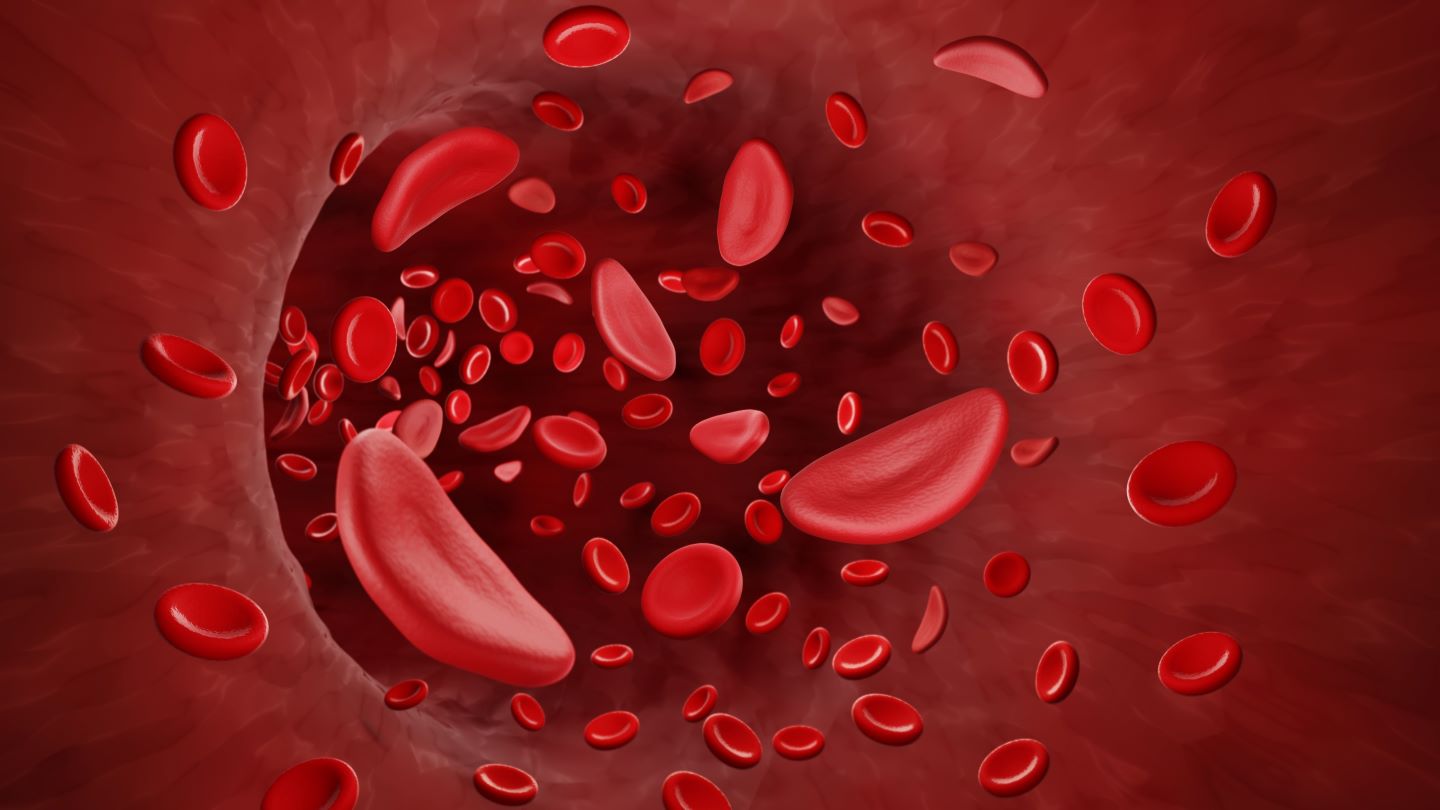Sickle cell disease (SCD) is a genetic blood disorder characterised by abnormally shaped red blood cells. The disease leads to chronic health conditions such as pain episodes, anaemia, and organ damage. Sickle Cell Disease Awareness Month, observed every September, is essential for raising public awareness, improving access to care, and supporting research for better treatment and a potential cure. SCD is a significant public health concern due to its high morbidity and mortality, particularly in underserved populations. SCD also imposes a substantial burden on healthcare systems due to frequent hospitalisations, medical complications, and reduced life expectancy.
According to GlobalData’s forecast, in the sixteen major markets (16MM: US, France, Germany, Italy, Spain, UK, Japan, Australia, Brazil, Canada, China, India, Mexico, Russia, South Africa, and South Korea) combined, the most prevalent type of SCD is haemoglobin SS (HbSS), responsible for approximately 70% of SCD. HbSS is the most severe form of SCD, where all or most of the person’s haemoglobin is abnormal, leading to chronic anaemia. Diagnosed prevalent cases of HbSS are expected to increase at an annual growth rate of 0.76% from approximately 287,000 cases in 2023 to over 300,000 cases by 2030.
SCD is a public health concern for several reasons. SCD disproportionately affects certain ethnic groups, particularly African Americans, with diagnosed prevalence rates in the US reaching approximately 0.02%. SCD patients are also at increased risk of infections, stroke, and organ failure, which significantly impacts their quality of life. Patients also tend to have frequent hospitalisations and loss of productivity due to chronic illness, posing a significant financial burden on healthcare systems, individuals, and their families.
Initiatives such as Sickle Cell Disease Awareness Month aim to educate the public about SCD, to encourage screenings for SCD traits that can lead to early interventions. They also draw attention to healthcare inequities like the limited access to care in underserved communities. By highlighting these inequities, the awareness campaign advocates for increased resources, better care coordination, and healthcare policies that address the disparities in people affected by SCD.

US Tariffs are shifting - will you react or anticipate?
Don’t let policy changes catch you off guard. Stay proactive with real-time data and expert analysis.
By GlobalData





